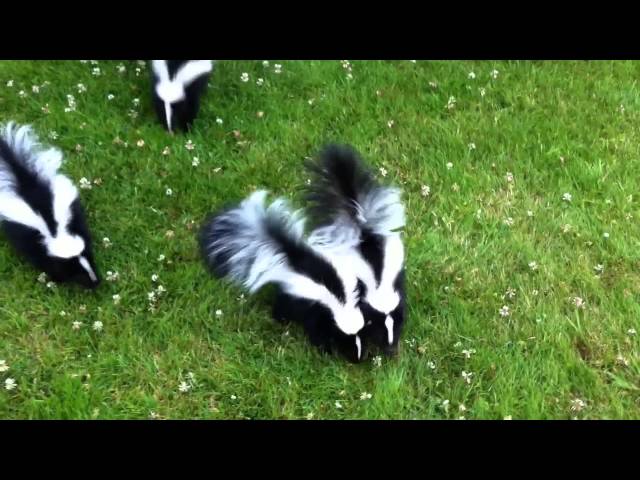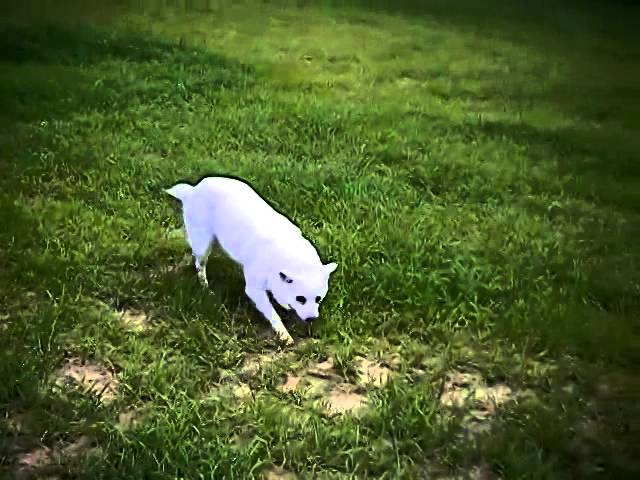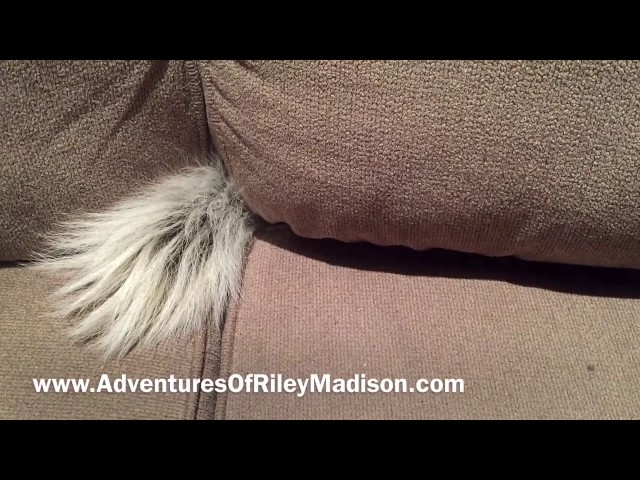Last night a baby skunk came around checking out our yard. Well, he must have liked it because he told his friends and… next thing I know I’m up to my ass in baby skunks. A baby skunk is called a Kit and a group of skunks is called a Surfeit. These guys were following my shoes as I walked backwards. Notice when I stopped they were examining them and once I stopped moving they lost interest and continued exploring. They’re low to the ground and tend to focus on things at their eye level.
Skunks can usually spray when they are around 3 months old. These lil stinkers are getting close to that age so it was a little risky but they don’t usually spray unless they’re being attacked. Skunks will make it obvious when they’re about to spray by hissing, growling, foot thumping and shrieking. Adult skunks don’t like to spray unless they have to because they run out of ammo and are left defenseless. There’s been lots of skunks around here for years because the city considers them natural inhabitants and does not trap them. Sometimes coming home at night I’ve unintentionally walked past adult skunks foraging in our yard and basically, if you don’t mess with them they wont mess with you. But that doesn’t mean you want to stop in front of one and start doing the Riverdance and riling them up.
Some people have skunks as domesticated pets. Skunks are sensitive, intelligent animals, and like all intelligent animals temperament varies with each individual. Skunks tend to be highly curious and will open cupboards that are left unlocked. Skunks also tend to be very friendly, loving, entertaining and playful. However, they can also be stubborn and headstrong. Some owners have noticed skunks smelling something that was spilled on the carpet long ago, and attempting to dig to find out what is buried there. Like ferrets, their curiosity can lead them into danger.




